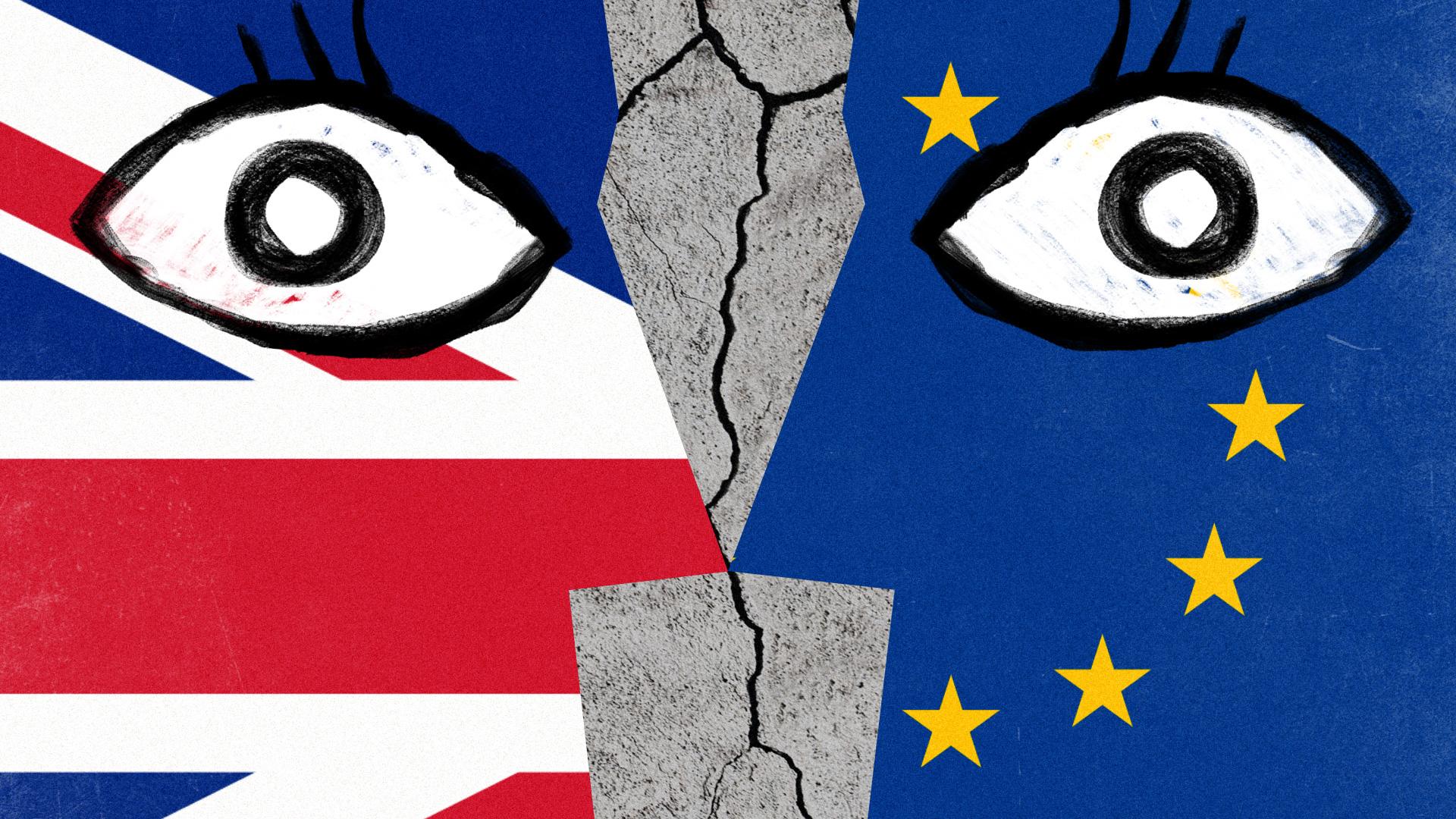Brexit: Will the EU help after Theresa May's defeat?
- Published
The prime minister's Brexit deal is backed by 202 MPs but 432 vote against.
Clearly Europe was fully expecting the defeat of the Brexit deal in parliament on Tuesday night.
Seconds after the results were announced, pre-prepared tweets expressing disappointment came flooding in from EU leaders.
Here in Brussels, frustration hung in the air. With 73 days to go until Brexit day, Jean-Claude Juncker and European Council President Donald Tusk appealed (once again) for clarity from the UK.
"MPs keep saying what they don't want," fumed one of their colleagues. "They reject this deal. They reject no deal. They need to decide now what it is they will agree to."
Those in the UK who expect the EU to 'rush to the rescue' with proposed changes to the Brexit agreement are in for a let-down.
Europe's leaders have no agreed Plan B up their sleeve and see no advantage in scrambling to find one.
They believe the debate in the UK still needs to play out.
Read more:
"It's important not to rush now," urged Annegret Kramp-Karrenbauer, widely tipped to become Angela Merkel's successor.
With the prospect of a softer Brexit looming, as well as the possibility, however small, of no Brexit at all, the EU thinks this is not a time to meddle.
It's far more effective to keep up the pressure.
One EU diplomat told me Theresa May should save on the plane fuel and not bother flying out to Brussels any time soon.
"We're not going to hold a special summit or anything," he said.
"There's nothing we Europeans can do today or tomorrow that will solve this. London has to come up with solutions, then we have to decide if we can accept them."
Brexit vote explained in one minute
For now the EU insists it hasn't the slightest intention of re-negotiating the divorce deal, known as the Withdrawal Agreement.
Leaders are fully aware many MPs hate the backstop, the Irish border guarantee written in to the agreement, but there's no indication the EU would give it up.
It has insisted over and again that it intends to protect the Northern Ireland peace process, to stand up for the concerns of member state Ireland and - very important indeed to Brussels - to protect the single market (don't forget the land border between the EU and a post-Brexit UK will run down the island of Ireland).
Brussels also interprets the sheer scale of the vote against the Brexit deal on Tuesday as a sign that MPs were rejecting far more than the backstop.
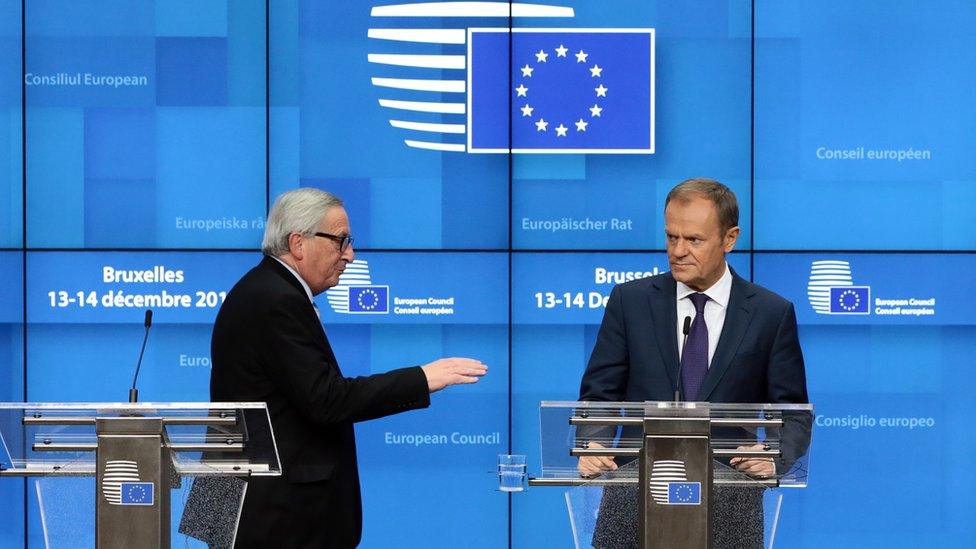
EU leaders have expressed frustration at Tuesday's vote
So what now?
EU leaders think it increasingly likely that the Prime Minister will ask them for an extension to the Article 50 leaving process to allow her more time.
And while European hearts sink at the thought of months' more uncertainty, indecision and going around in Brexit-related circles, they will most probably grant the extension.
Preferably no longer than July to avoid having to select new UK MEPs - the European Parliament holds elections this year - but my contacts tell me the EU could extend Article 50 even longer if necessary.
Bottom line: it's worth it to the EU, if it means avoiding a costly, chaotic no deal Brexit which would also hit European citizens and businesses hard.
Back to Tuesday night's vote, EU diplomats tell me the bloc's position should become clearer next week.
It's no mean feat coaxing 27 different leaders towards a common position. And EU countries' unity over Brexit is something Brussels is anxious to maintain.
- Published16 January 2019
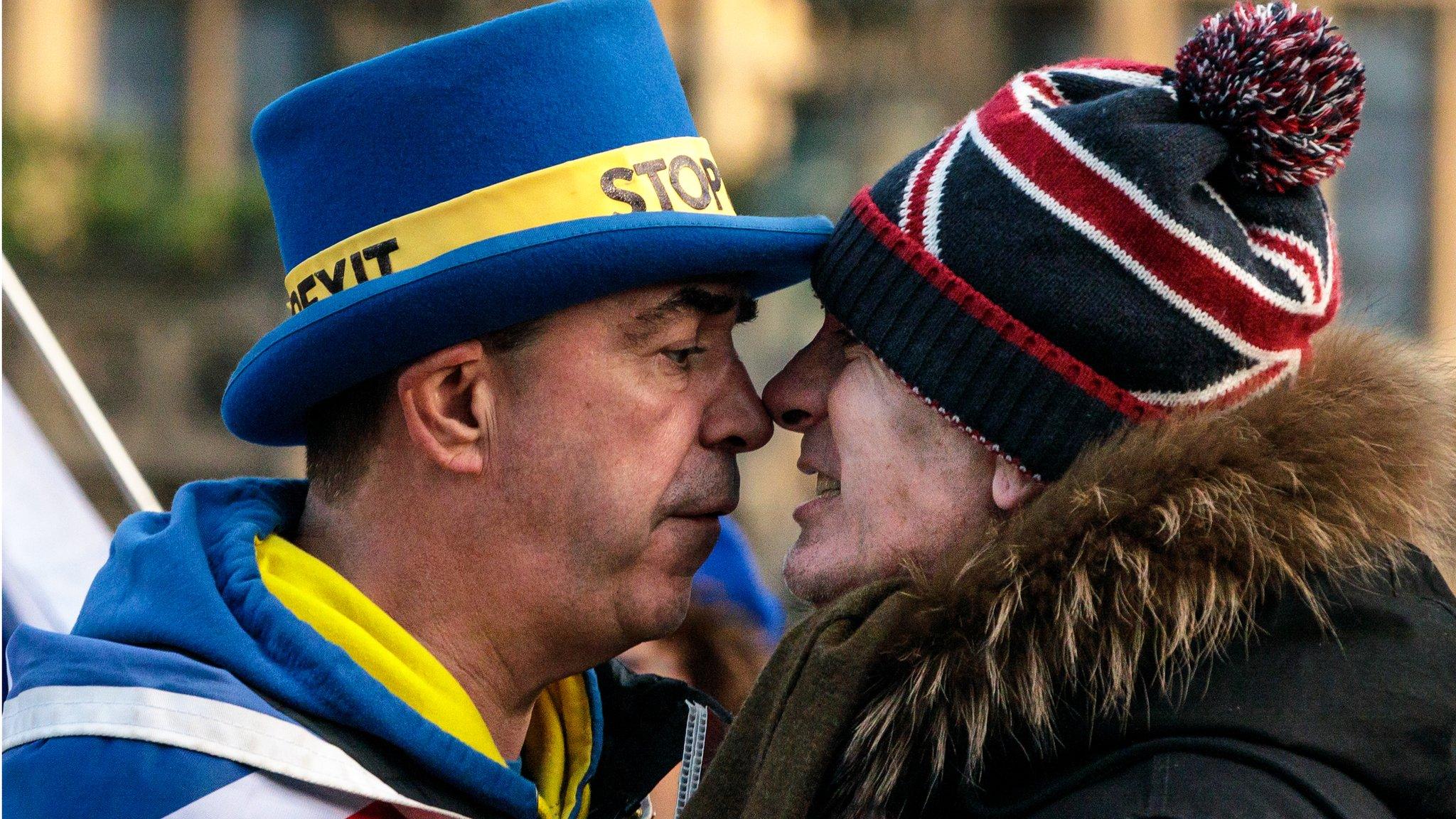
- Published30 July 2019

- Published19 December 2018
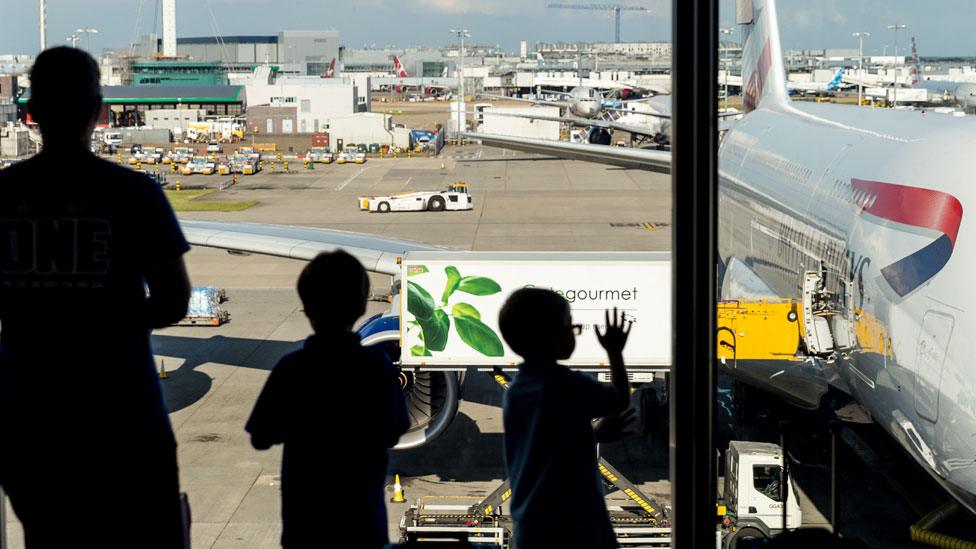
- Published18 December 2018
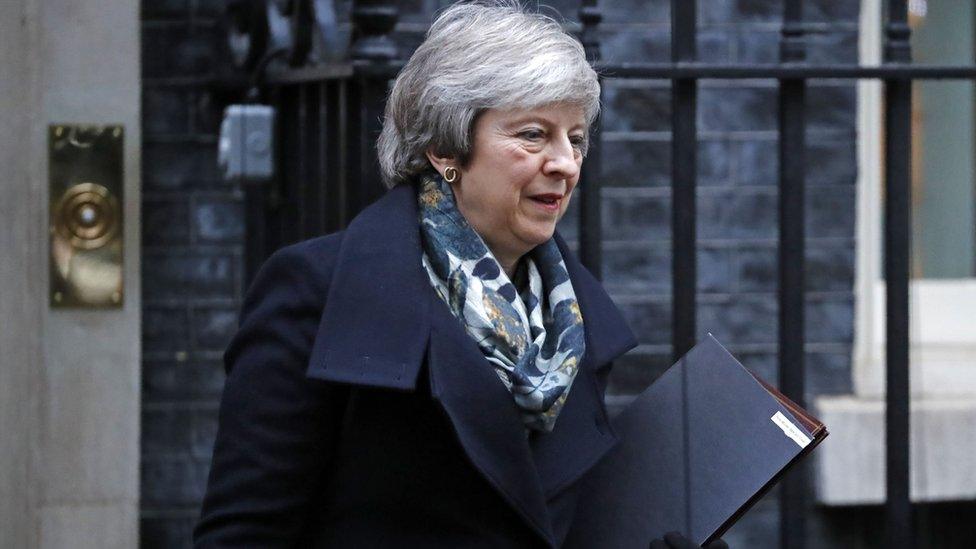
- Published29 January 2019
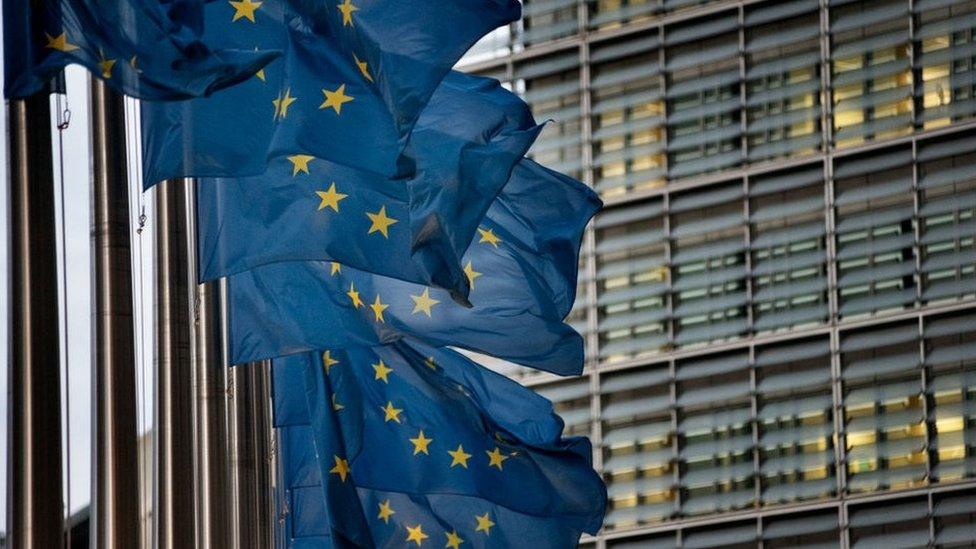
- Published13 December 2020
